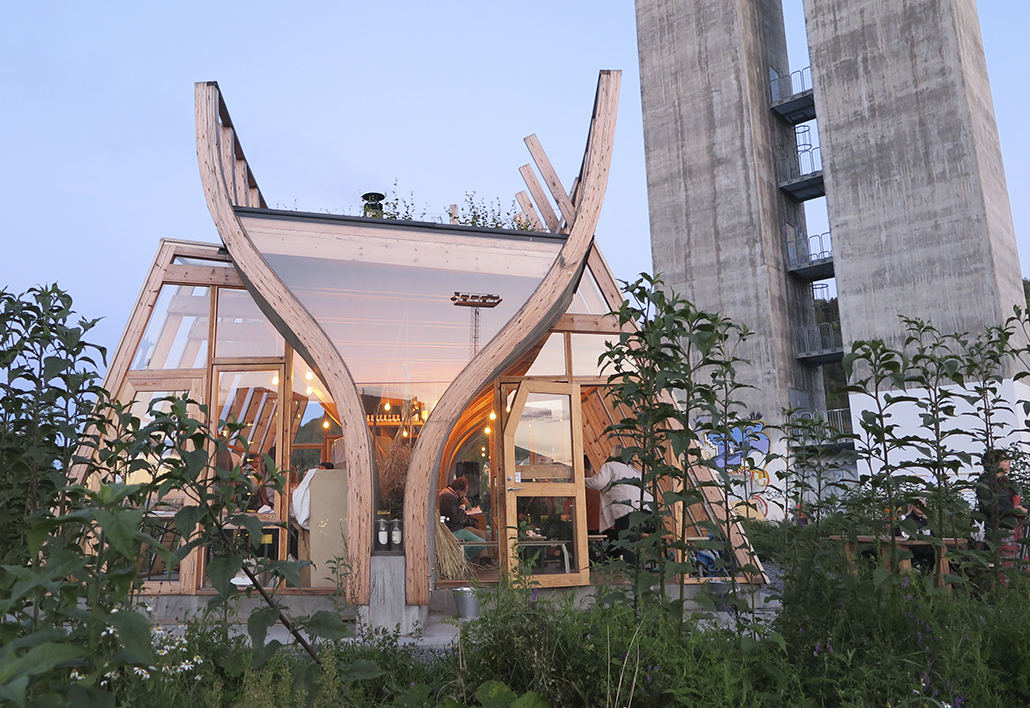Mark Robert Mansfield has worked as a community leader, entrepreneur, author, teacher, and academic and has won multiple awards for his historic restoration developments. His work touches on a range of topics centered on the built environment. His background encompasses concentrated study, research, and experience with architectural, urban, and community development.
His background is in the sciences of the built environment and human geography: He holds a PhD in Architecture from The Oslo School of Architecture and Design, with research on Nordic models; a Master’s degree from the Graduate School of Design Harvard University, studying the built environment and social transformation; a Master of Business Administration from the University of Washington, with studies in economics; a Bachelor in Communication from The University of Puget Sound, that included studies in intercultural communication and communication research methods; as well as a minor degree in social psychology with additional studies in sociology.




